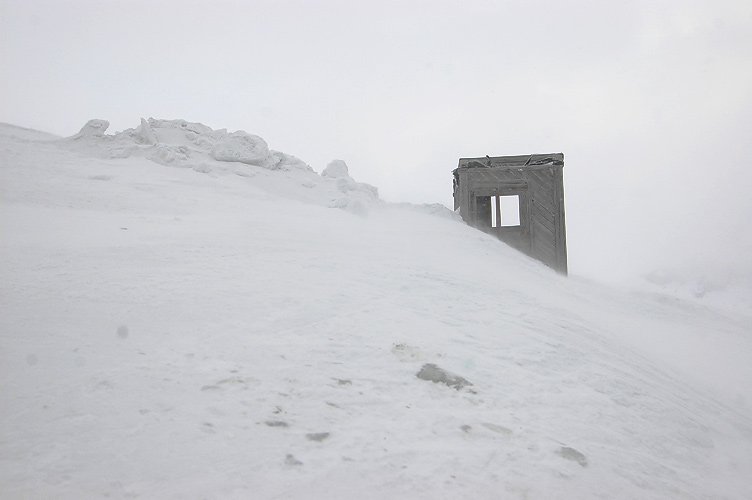|
|
Hibiny Mountains
|
Characteristics
High mountains, as well as those located close to the Earth's poles, reach into the colder layers of the atmosphere. They are consequently subject to glaciation, and erosion through frost action. Such processes produce the peak shape. Some of these mountains have glacial lakes, created by melting glaciers; for example, there are an estimated 3,000 glacial lakes in Bhutan. Mountains can be eroded and weathered, altering their characteristics over time.
Tall mountains have different climatic conditions at the top than at the base, and will thus have different life zones at different altitudes. At the highest elevations, trees cannot grow, and whatever life may be present will be of the alpine type, resembling tundra. Just below the tree line, one may find subalpine forests of needleleaf trees, which can withstand cold, dry conditions. In regions with dry climates, the tendency of mountains to have higher precipitation as well as lower temperatures also provides for varying conditions, which in turn lead to differing flora and fauna. Some plants and animals found in these zones tend to become isolated since the conditions above and below a particular zone will be inhospitable and thus constrain their movements or dispersal. On the other hand, birds, being capable of flight, may take advantage of montane habitats and migrate into a region that would otherwise not provide appropriate habitat. These isolated ecological systems, or microclimates, are known as sky islands.
|
|









